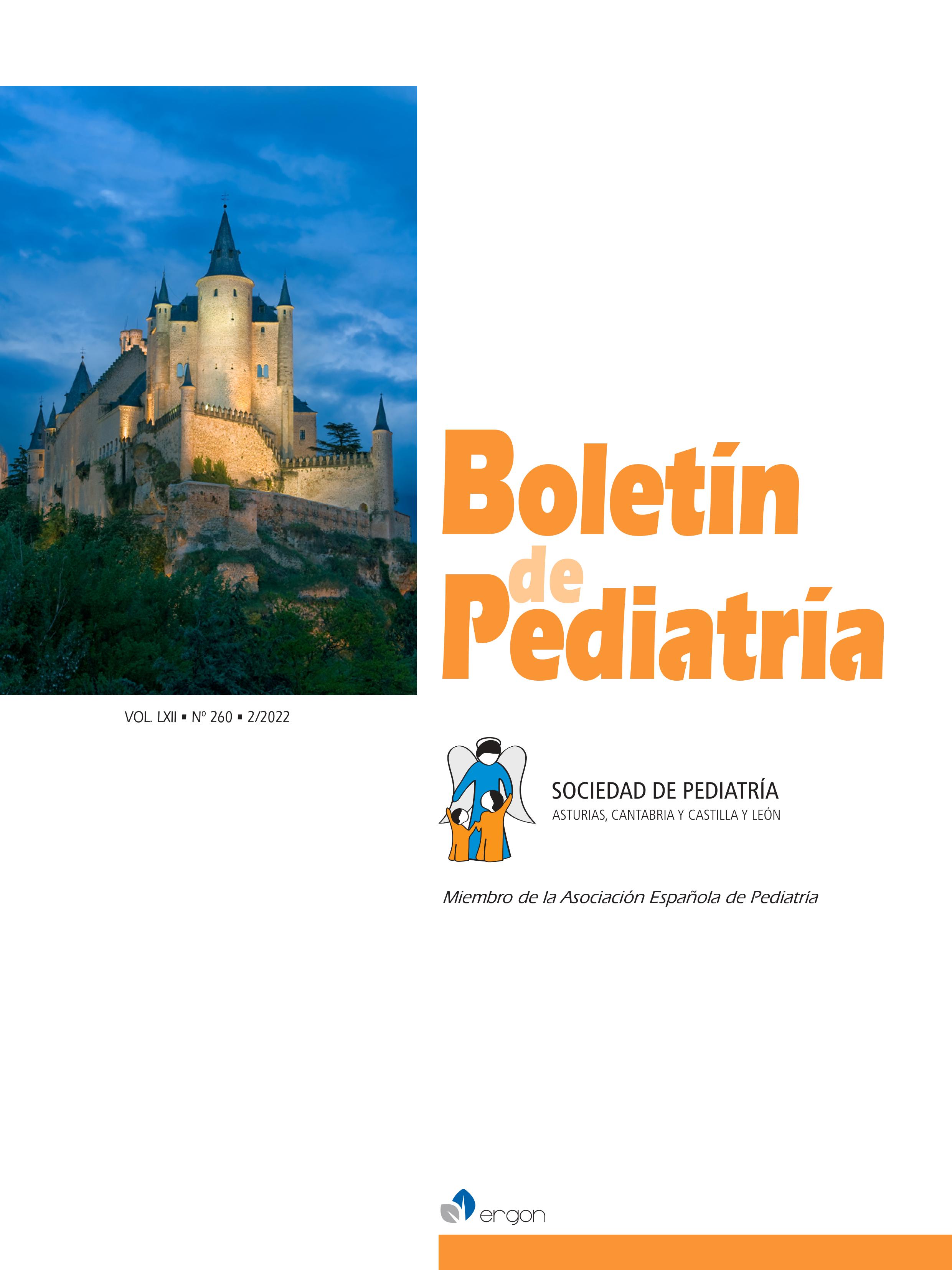Abstract
Introduction. Pulmonary hypertension in children usually presents with non-specific symptoms that makes the suspicion difficult, being up to 30% of cases of multifactorial etiology. Clinical case. We present the case of a 2-month-old infant who began with nonspecific symptoms, presenting a progressive worsening that results in aborted cardiorespiratory arrest. The diagnostic work-up only shows a severe pulmonary hypertension that does not respond to aggressive vasodilator therapy. In addition, the patient has periventricular hyperechogenicity with progressive cerebral edema, causing the patient’s death. The metabolic study shows elevation of glycine in biological fluids; and the genetic study confirmed a homozygous pathogenic variant in the NFU1 gene (NM_001002755.3:c.622G>T, p.Gly208Cys), leading to the diagnosis of type 1 multiple mitochondrial dysfunction syndrome. Conclusion. Multiple mitochondrial dysfunction syndrome type 1 is an autosomal recessive disease with a prevalence <1/1,000,000, which affects mitochondrial metabolism due to alterations in the NFU1 gene. The clinic begins in the early stages of life presenting with nonspecific symptoms, neurological symptoms and pulmonary hypertension; with a fatal course in all cases. An increase in glycine and lactate in biological fluids is characteristic; it is also typical to find a periventricular leukoencephalopathy with chemical degeneration, cavitations and/or necrosis. The diagnosis of metabolic disorders requires a high clinical suspicion. A severe pulmonary hypertension associated with encephalopathy should lead us to suspect an alteration in mitochondrial metabolism

This work is licensed under a Creative Commons Attribution-NonCommercial 4.0 International License.
Copyright (c) 2022 Boletín de Pediatría
